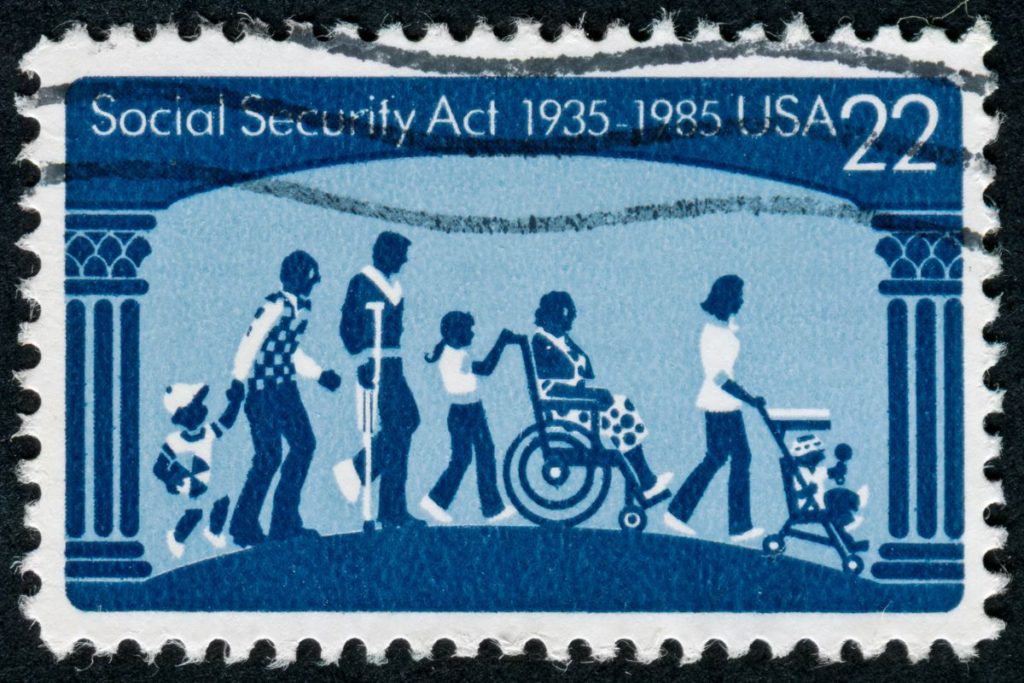When you have a condition that limits your ability to work, having Social Security Disability Insurance (SSDI) support can be crucial. SSDI can provide essential financial benefits to someone in this situation. However, to be eligible for SSDI, you must have a qualifying disability. If you have an illness or injury that prevents you from working, you need to know: Does my disability qualify for SSDI?
What is SSDI?
SSDI is a federal program that pays monthly benefits to those who can no longer fully work due to a significant illness or impairment. SSDI pays benefits to an individual and certain family members if the individual is “insured.” Being insured under SSDI means that the individual has worked for a certain amount of time and paid Social Security taxes on their earnings.
Qualifying for SSDI
SSDI is not available to everyone. The program has specific requirements an applicant must meet to qualify for benefits. SSDI has three main eligibility requirements—adequate work history, an inability to work, and a qualifying disabling condition.
- Adequate Work History—You must have worked and paid taxes on your income for a certain number of years over a designated period. The SSDI time frame is usually five to ten years.
- Qualifying Disabling Condition—You must have a disabling condition that prevents you from working as previously or that prevents you from adjusting to other work.
- Inability to Work—You must also have a disabling condition that has: lasted for 12 months, is expected to last for 12 months or is expected to end in death.
What is a Disabling Condition for SSDI?
The first step in qualifying for SSDI is finding out if you have a medical condition that meets the program’s strict definition of a disability. As indicated above, an SSDI qualifying disability is one that has lasted 12 months, will last 12 months, or is expected to be terminal.
SSDI maintains a list of medical conditions for each major body system. These are conditions that the program considers severe enough to keep a person from engaging in substantial gainful activity (SGA). If a person’s condition is not on the SSDI qualifying disability list, the program will have to evaluate if the applicant’s illness or injury is as severe as those listed.
What is Substantial Gainful Activity (SGA)?
To be eligible for SSDI, you must be unable to engage in SGA. In general, SGA is work that someone does that is paid over a certain dollar amount. Currently (2022), the monthly SGA limit for non-blind individuals is $1350. The monthly SGA amount for statutorily blind is $2260.
- Substantial activity is generally considered an activity that requires significant physical or mental effort.
- Gainful activity is work someone is paid to do or could be paid to complete.
SGA’s definition also depends on the person’s disability. Additionally, SGA can change according to the national average wage index.
Can My SSDI be denied if I Have a Disabling Condition?
One question that commonly comes up about disability benefits is whether a person with a disability can be denied benefits? In a word—Yes. Every day thousands of people with disabling conditions are denied benefits. This is not because they don’t have a qualifying disability. Nor is it due to their work record. Often, these seemingly qualified SSDI applicants are denied benefits because either:
1) They did not include the right evidence with their application, or
2) The program improperly evaluated their disability information.
What if My SSDI Application Was Denied?
The majority of SSDI applications are denied the first time, even when the applicant has a qualifying disability. However, if your SSDI application is denied, you will have an opportunity to appeal the decision.
The good news is that someone who understands the disability application and appeal process has a chance of reversing a wrongful denial. However, SSDI rules are complicated, and it’s important to have the right information and advice during the process.
Work with a Social Security Disability Benefits Attorney
The best way to assess your eligibility and manage your SSDI application or appeal is by working with an experienced disability benefits attorney. Your Social Security disability benefits attorney can help you evaluate your circumstances and gather the most important and persuasive evidence for your SSDI application or appeal.
Contact the Disability Benefits Attorneys of the Dailey Law Firm, P.C.
If you or a loved one need SSDI benefits, it’s essential to understand the program’s rules and requirements. By working with an experienced Social Security disability attorney, you can help ensure you have the information you need to qualify for SSDI benefits and maintain your eligibility. The dedicated disability benefits attorneys at The Dailey Law Firm P.C. understand SSDI and the program’s eligibility rules. We know how to help you qualify for and maintain eligibility for your SSDI benefits. Contact us today to schedule a free consultation.

